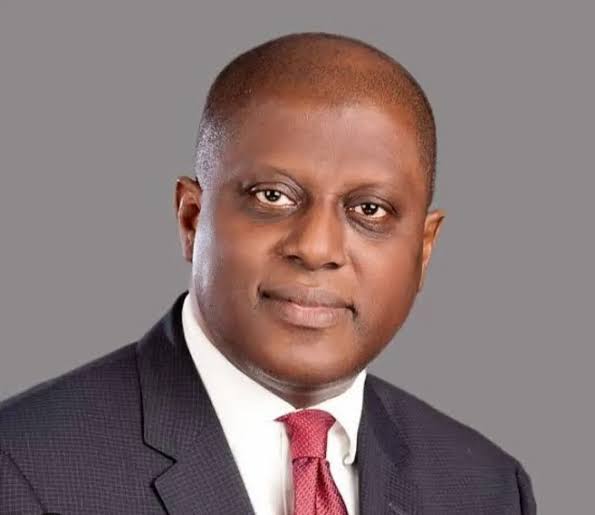The Securities and Exchange Commission (SEC) should oversee cryptocurrency transactions in Nigeria, according to the Central Bank of Nigeria (CBN), which stated Tuesday that this is not the job of the national bank.
This occurred after Dennis Amachree, a former assistant director of the Department of State Services (DSS), claimed that the Office of the National Security Adviser (ONSA) was not a security agency and that Nadeem Anjarwalla, a high-ranking executive at Binance, should have been taken into custody by the DSS or the Economic and Financial Crimes Commission (EFCC).
Remember how the National Security Agency (NSA) launched a manhunt for Anjarwalla, the executive of Binance, who escaped his confinement facility and left the nation?
Speaking on the subject yesterday at the Monetary Policy Committee’s 294th meeting of the apex bank, Olayemi Cardoso, the governor of the central bank, stated that cooperation in the last month has produced positive results with the SEC, the Office of the National Security Adviser (ONSA), and the Economic and Financial Crimes Commission (EFCC).
In response to a query regarding the CBN’s update on Binance, the cryptocurrency exchange platform that has been under heavy federal government scrutiny since the February meeting of the MPC, the head of the apex bank stated that $26 billion in suspicious flows went via Binance last year.
Cardoso stated yesterday that “collaborating with other government agencies is a very important function for us and we consider ourselves to have the wherewithal to do so.”
We actually did collaborate with law enforcement agencies, the EFCC, the SEC, and other regulatory bodies about a month ago. The results are still being worked out, but they are, as far as I can tell, quite positive.
“The NSA has been receiving information from us. That being said, the Security and Exchange Commission bears exclusive responsibility for regulating cryptocurrencies in this specific instance; we are not in charge of it.
Two executives from Binance were held by the NSA office last month while they were in the nation for discussions with the government.
However, one of the suspects, Nadeem Anjarwalla, managed to get out of legal custody, and the authorities contacted Interpol to begin a manhunt for him.
Dennis Amachree, a former assistant director of the Department of State Services (DSS), stated yesterday that the Office of the National Security Adviser (NSA) was not a detention facility or security agency and that the fleeing Binance executive should have been taken into custody by the secret police or the Economic and Financial Crimes Commission (EFCC).
Amachree stated that the suspect and his coworker at the cryptocurrency exchange platform, Tigran Gambaryan, ought to have been placed on a watch list when they were being held in Abuja in late February. Amachree was a guest on Channels Television’s Politics Today program late on Monday.
According to him, Anjarwalla and Gambaryan ought to have had their names and images marked at all Nigerian airports and put on a watchlist with the Nigeria Immigration Service (NIS).
“The man should have been watchlisted if he has been flagged as a threat or a suspected person,” Amachree stated. I’m not sure if the NSA has a jail center. The President receives advice from the NSA.
“So, keeping the suspects at a guest house where he has access to a phone is wrong? If NSA Nuhu Ribadu believed that the suspects should be remanded, he should have sent them to the EFCC or the DSS to hold till the date of the court?
Is it right now for them to let him go pray? I believe there are numerous inconsistencies and gaps in that. Heads of state that we have detained have prayed at their homes, places of employment, and beds. I fail to see why this specific individual will be permitted to disappear after praying at the closest mosque.


